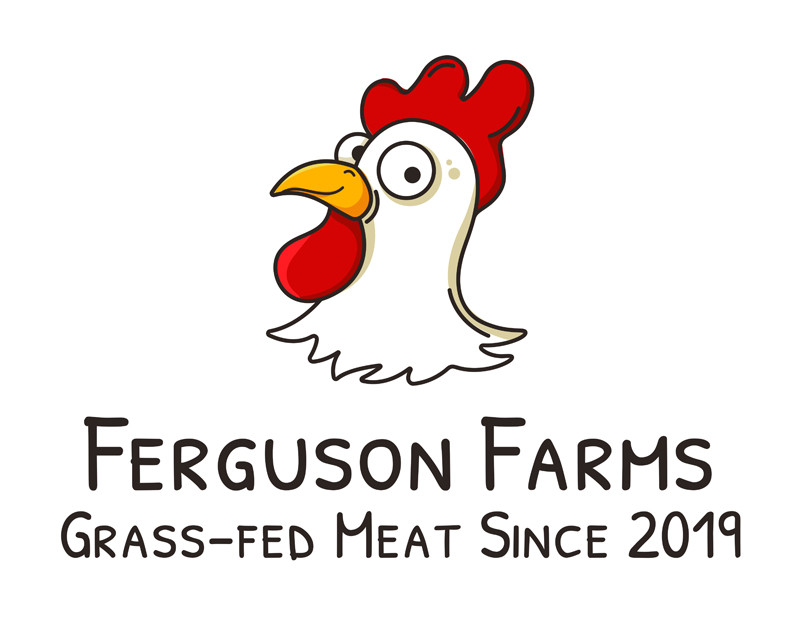FDA approves lab-grown 'GOOD Meat' chicken product, second such authorization in US - (FOX News)
posted on
March 30, 2023
The U.S. Food and Drug Administration (FDA) issued a "no questions" response to GOOD Meat, marking the company's lab-grown chicken product safe to eat.
"We have no questions at this time regarding GOOD Meat’s conclusion that foods comprised of or containing cultured chicken cell material [are] as safe as comparable foods produced by other methods," the FDA said in a March 20 letter to the company.
The FDA’s letter "clears a crucial step in bringing GOOD Meat to restaurants and retail in the US," GOOD Meat said in a statement Tuesday, adding that it "is now working with the US Department of Agriculture on necessary approvals."
GOOD Meat, the cultivated meat division of food technology company Eat Just, Inc., is dedicated to, "making sustainable, safe meat from animal cells instead of slaughtered animals."
The FDA's move comes just months after UPSIDE Foods received the FDA’s first regulatory green light to sell cultivated meat, poultry, or seafood in November 2022.
GOOD Meat's chicken product previously received approval in Singapore, making the company the first in the world to receive approval on multiple continents.
GOOD Meat plans to initially sell its product at a restaurant in Washington D.C. owned by world-renowned chef, and humanitarian José Andrés.
"The future of our planet depends on how we feed ourselves…and we have a responsibility to look beyond the horizon for smarter, sustainable ways to eat. GOOD Meat is doing just that, pushing the boundary on innovative new solutions, and I’m excited for everyone to taste the result," Andrés said in a press release.
Cultivated meat is derived from a small sample of animal cells that are fed nutrients and grown in steel vats before being processed into cuts of meat.
According to GOOD Meat, 70% of Singaporeans who tried GOOD Meat’s cultivated chicken said it tasted as good or better than conventional chicken. Nearly 90% of those diners said they would substitute conventional chicken with cultivated chicken.




